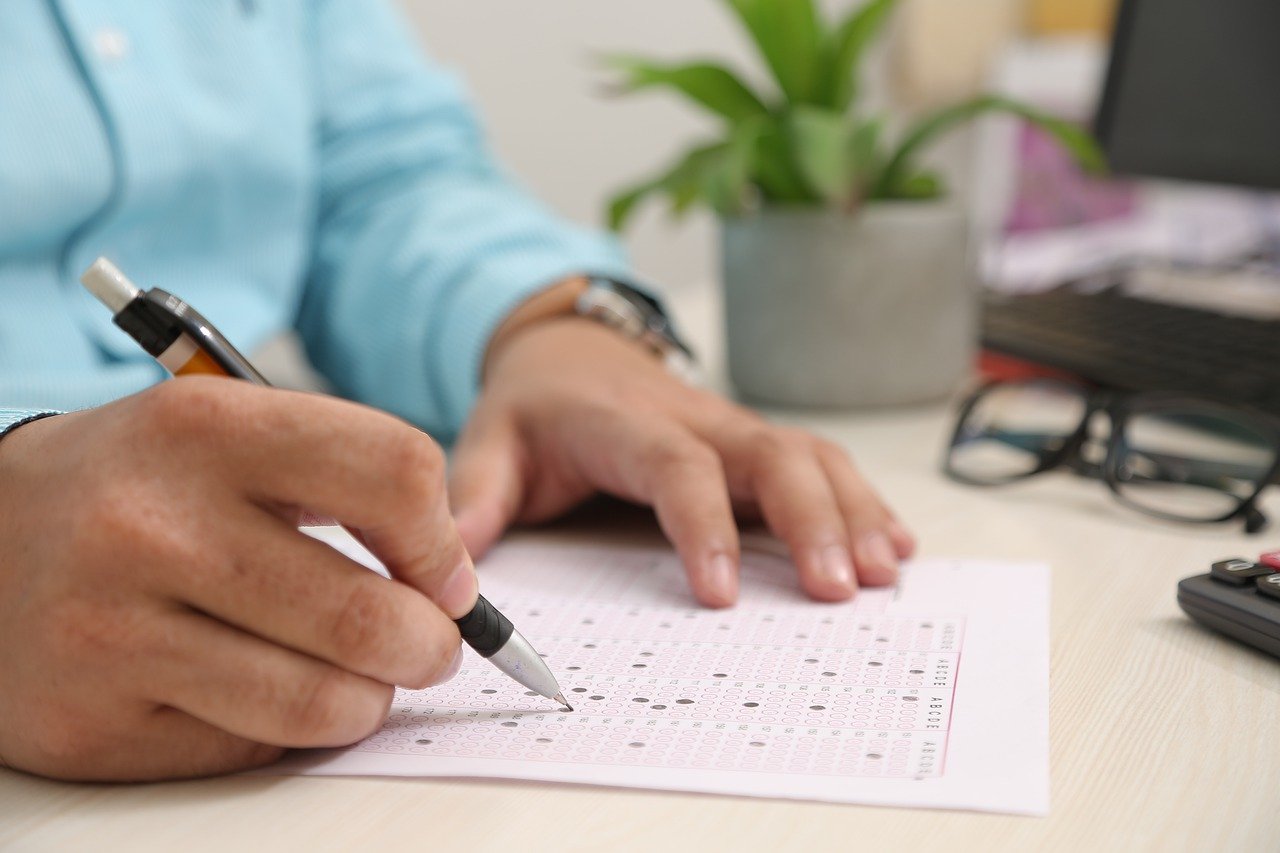The timeframe within which a pregnancy test is effective after sexual intercourse is crucial for accurate results and peace of mind. When it comes to determining pregnancy early on, timing is everything. So, how long after sex does a pregnancy test work effectively?
Here are some key points to consider:
- Timing of Pregnancy Tests: It is recommended to wait at least one week after a missed period to take a pregnancy test for the most accurate results.
- Types of Pregnancy Tests: There are various types of tests available, such as urine tests, blood tests, and digital tests, each offering different levels of sensitivity and detection capabilities.
- Factors Affecting Test Accuracy: The accuracy of a pregnancy test can be influenced by factors like the timing of testing, the sensitivity of the test, and individual hormonal levels.
- Early Pregnancy Testing: Some tests claim to provide accurate results even before a missed period, but their reliability and effectiveness may vary.
- Interpreting Pregnancy Test Results: Understanding how to interpret the results correctly is essential to avoid false positives or negatives. Tips for ensuring result accuracy should be followed.
By knowing the timing of pregnancy tests, the types available, factors affecting accuracy, early testing options, and result interpretation, individuals can make informed decisions regarding their reproductive health. Remember, patience is key when waiting for that life-changing result!

Timing of Pregnancy Tests
When it comes to determining how long after sex a pregnancy test works, timing is crucial. The timing of taking a pregnancy test can significantly impact its accuracy and reliability. It is essential to understand the recommended timeframe for taking a pregnancy test after unprotected sex or when trying to conceive to ensure the most precise results.
Here are some key points to consider regarding the timing of pregnancy tests:
- Most pregnancy tests are designed to be effective about one week after a missed period.
- For the most accurate results, it is advisable to wait at least one week after unprotected sex before taking a test.
- Early testing may result in false negatives due to low levels of hCG hormone, which is detected in pregnancy tests.
Understanding the detection window of a pregnancy test is essential for obtaining reliable results. By waiting for the appropriate timeframe, you increase the likelihood of an accurate outcome. Remember, patience is key when it comes to taking a pregnancy test to ensure the best possible results.

Types of Pregnancy Tests
When it comes to pregnancy tests, there are several types available to choose from, each with its own set of characteristics and detection capabilities. Understanding the differences between these tests can help you make an informed decision about which one to use. Here are some of the common types of pregnancy tests:
- Urine Tests: These are the most commonly used pregnancy tests and are available over the counter at pharmacies. They work by detecting the presence of the hormone hCG in the urine, which is produced during pregnancy.
- Blood Tests: Blood tests are more sensitive than urine tests and can detect pregnancy earlier. There are two types of blood tests: qualitative, which confirms the presence of hCG, and quantitative, which measures the exact level of hCG in the blood.
- Digital Tests: Digital pregnancy tests provide a clear result in words, such as “pregnant” or “not pregnant,” eliminating any confusion that may arise from interpreting lines or symbols.
Each type of pregnancy test has its own level of sensitivity and detection window, which can influence the accuracy of the results. It is essential to follow the instructions provided with the test kit carefully to ensure accurate results. Additionally, factors such as the timing of testing and individual hormonal levels can also impact the reliability of the test results.

Factors Affecting Test Accuracy
The article discusses the timeframe within which pregnancy tests are effective after sexual intercourse, providing insights into the accuracy of different types of tests and factors influencing the reliability of results.
Learn about the recommended time to take a pregnancy test after having unprotected sex or trying to conceive, understanding the detection window for accurate results.
Explore the various types of pregnancy tests available, including urine tests, blood tests, and digital tests, each with different sensitivities and detection capabilities.
When it comes to the accuracy of a pregnancy test, several factors play a crucial role in determining the reliability of the results. Let’s delve into the key elements that can affect test accuracy:
- The Timing of Testing: Taking a pregnancy test too early or too late can impact its accuracy. It is essential to follow the instructions provided with the test kit for the most reliable results.
- The Sensitivity of the Test: Different tests have varying levels of sensitivity to the pregnancy hormone hCG. Tests with higher sensitivity can detect lower levels of hCG, offering earlier detection of pregnancy.
- Individual Hormonal Levels: Hormone levels can vary among individuals, affecting the concentration of hCG in urine or blood. This variability can influence the test results, leading to false negatives or positives.
Find out about early detection pregnancy tests that claim to provide accurate results even before a missed period, examining their reliability and effectiveness.
Understand how to interpret the results of a pregnancy test correctly, including false positives, false negatives, and tips for ensuring result accuracy.

Early Pregnancy Testing
When it comes to early pregnancy testing, many women are eager to find out if they are expecting even before a missed period. These tests claim to provide accurate results sooner than traditional tests, offering a glimpse into the possibility of pregnancy at an early stage. However, it is essential to understand the reliability and effectiveness of these early detection tests before placing complete trust in their results.
Early pregnancy tests work by detecting the presence of human chorionic gonadotropin (hCG) hormone in the urine, which is produced during pregnancy. These tests boast high sensitivity levels, enabling them to pick up lower levels of hCG earlier than standard tests. While this sounds promising, it’s crucial to remember that the accuracy of these tests can vary based on individual hormonal levels and the timing of testing.
Some early pregnancy tests claim to provide results up to six days before a missed period, offering a sense of anticipation and excitement for those hoping to confirm a pregnancy as soon as possible. However, it’s important to approach these tests with caution and manage expectations, as false positives and false negatives can still occur, leading to confusion and disappointment.
For women considering early pregnancy testing, it’s advisable to follow the instructions carefully, use first-morning urine for optimal results, and be prepared for the possibility of needing to confirm the results with a healthcare provider. While these tests can offer a sneak peek into the potential of pregnancy before a missed period, it’s essential to approach the results with a level-headed mindset and seek professional guidance if needed.

Interpreting Pregnancy Test Results
When it comes to interpreting pregnancy test results, it’s crucial to understand the potential outcomes and factors that can influence the accuracy of the test. Here are some key points to keep in mind:
- False Positives: A false positive result indicates that the test shows a positive result when the individual is not actually pregnant. This can happen due to factors such as certain medications or medical conditions.
- False Negatives: On the other hand, a false negative result occurs when the test shows a negative result despite the individual being pregnant. This can occur if the test is taken too early or if the urine is too diluted.
- Timing of Testing: The timing of taking the test is crucial for accurate results. Testing too early or too late can impact the reliability of the results. It is generally recommended to wait until after a missed period for the most accurate results.
- Follow Instructions: To ensure the accuracy of the test, it is important to follow the instructions provided with the test kit carefully. Using the test at the right time of day and following the correct procedure can make a difference in the results.
- Consult a Healthcare Provider: If there is any confusion or uncertainty about the results of a pregnancy test, it is advisable to consult a healthcare provider for further evaluation. They can provide guidance and support based on individual circumstances.